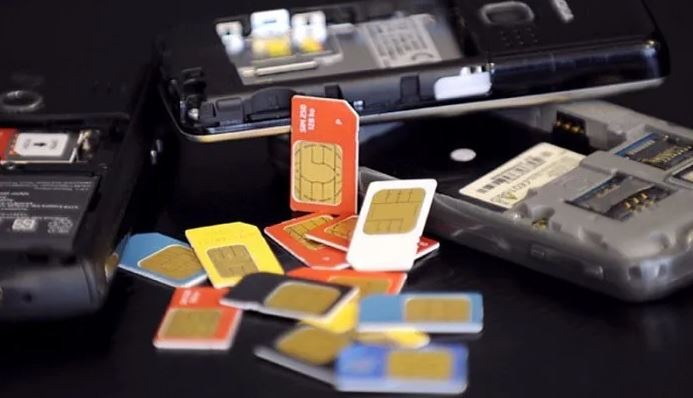
Tanzanian Phone Users Brace Up For New SIM-Card Levy in August
As public outcry continues growing over newly introduced mobile phone transaction levies, Tanzanian mobile phone users bow brace for a new levy on the sim cards expected to start next month.
The government imposed the levy in the current budget as telecoms complain about high taxes imposed on them about top up vouchers, whereby it is explained that the government’s taxes have gone up to 40 percent of a recharge voucher as a customer.
In its budget passed recently by Parliament, the government has imposed levies ranging from Sh10 to Sh200 on every sim card, depending on the financial capability of credit recharging.
The government said, through its imposed levies, it was this year projecting to collect a total of Sh396.3 billion from the levy.
The government has been insisting that its solidarity levy will be for implementing various development projects and it has already unveiled its regulations for the implementation of the levy that could also spark fresh uproars among the mobile phone users.
The regulations presented to the telecoms for implementation of the levy by August this year indicate every sim card line will be taxed Sh5 in the event of a top up not exceeding Sh1,000 and charged Sh223 for a top up of more than Sh100,000.
For a customer who tops up from Sh1,001 to Sh2,500 will be taxed Sh10; a top up of Sh2,501 to Sh5,000 (Sh21); a top up of Sh5,001 to Sh7,500 (Sh40); a top up of Sh7,501 to Sh10,000 (Sh76); a top up of Sh10,001 to Sh25,000 (Sh113); a top up of Sh25,001 to Sh50,000 (Sh153) and a top up of Sh50,001 to Sh100,000 (Sh186).
A senior official of one of the cell-phone service providers, who asked not to be named, told The Citizen that discussions were still being held over how those levies should take effect and that there was a possibility the levies would not be included in phone bundles.
“Until now the trend is not to include those levies in phone bundles. This is because we are merely levy collectors as we cannot take those levies because if we do so the actual value of the relevant voucher will be low.
“For example, a bundle of Sh500 will value at Sh495. So, if we do so, a Sh500 phone bundle will have to be sold at Sh495 or if need be we change it into a Sh495 value which is not correct,” said the official.
The official went on to say that the effects of taking the levies would bring down the percentage of phone use by a customer per day.
He said if a customer used Sh500 to get eight minutes of airtime, then that particular customer would be forced to use less minutes, depending on the remaining credit on the phone and that until now the only way was not to include the levies in the bundles of their telecom.
A phone user, one Dickson Joseph, said due to a multitude of levies per day, the communication gadget would now not be used much.
“We are now going to park our phones. This is because there has been an outcry over raised levies on transactions and as well levies on sim card lines. It will be a disaster when they take effect.
“They had better resort to either of the two otherwise phone gadgets will be hard to use and simplify lives as it used to be,” said Mr Joseph in Dar es Salaam.

